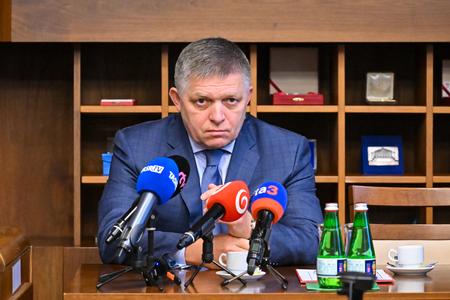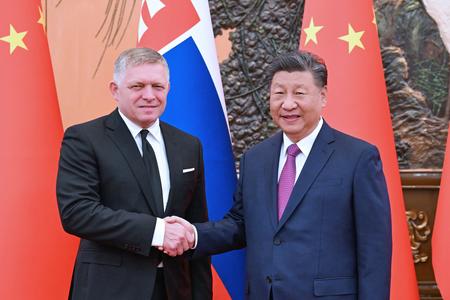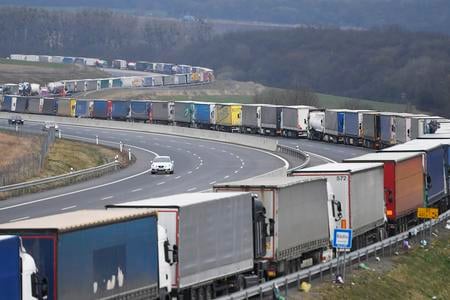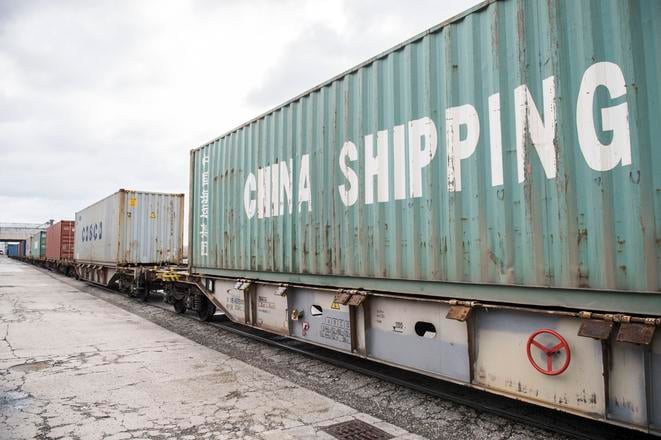The government has approved a new regulation to grant national visas to selected groups of Chinese nationals, aiming to deepen trade relations and stimulate investment between the Slovak Republic and the People’s Republic of China.
The proposal, formally adopted by the government on 18 June 2025, will allow national visas to be issued for employment linked to the implementation of major investment projects.
Under the new rules, Chinese nationals employed by designated investors – defined as companies registered in Slovakia whose parent company is based in China – will be eligible for national visas. To qualify, these investors must meet several compliance criteria: they must not have been fined for illegal employment within the past three years, must hold no tax or customs arrears, and must be up to date on mandatory health and social insurance contributions.


In addition, employers must have applied for or received regional or extraordinary investment aid from the Slovak Economy Ministry, or possess certification as a significant investor.
The initiative was prompted by Prime Minister Robert Fico’s official visit to China between 31 October and 5 November 2024. One of the outcomes of that mission was a commitment to table the regulation for government approval by 31 May 2025, responding to demands from both current and prospective Chinese investors.

As of the end of 2024, Chinese companies represented 27 percent of active investment projects facilitated by the Slovak Investment and Trade Development Agency. These ventures, part of broader plans to expand into central and eastern Europe, have the potential to generate over €5.3 billion in cumulative investment and create approximately 15,700 direct jobs.

Officials argue that the availability of qualified labour and timely project delivery – particularly in sectors not yet present in Slovakia – are crucial to securing these investments. The regulation also seeks to protect foreign workers by restricting eligibility to employees of verified, established investors.
The measure limits the number of national visas to a maximum of 1,000 per calendar year, with no possibility of reissuance. It is set to come into force on 1 July 2025.
Key follow-up tasks from PM Fico’s China trip
Following PM Robert Fico’s November 2024 visit to China, the Slovak government has outlined more than 20 follow-up tasks to strengthen strategic cooperation with Beijing across investment, trade, energy, education, and tourism.
Economic & investment cooperation
Set up an investment task force with China’s Ministry of Commerce (by April 2025).
Share industrial policy expertise, especially in automotive, electronics, and battery sectors (by December 2025).
Promote Slovakia as an investment destination, including business forums and roadshows (by December 2025).
Share know-how on green energy and energy efficiency (ongoing).
Advance cooperation on low-carbon development, based on a signed MoU (ongoing).
Propose first Intergovernmental Coordination Committee meeting in Bratislava (by September 2025).
Mobility & visa policy
Expand visa centres in China to handle Schengen and national visa applications (by December 2025).
Open a Slovak Institute in Beijing (by December 2026).
Draft a work holiday or youth mobility agreement (by May 2025).
Propose visas for Chinese students (by May 2025).
Support Chinese talent and investment through targeted visa scheme (approved June 2025, effective July 2025).
Education & culture
Develop language and academic mobility programmes (ongoing).
Implement and monitor cultural cooperation programme (2025–2029) (ongoing).
Tourism cooperation
Promote tourism knowledge exchange, including fairs, digitalisation, and wellness (ongoing).
Encourage Slovak tour operator participation in Chinese trade events (ongoing).
Run a marketing campaign for Slovakia on the Chinese market (ongoing).
Infrastructure & transport
Sign MoU on the Karpaty Tunnel project with China’s planning body (by March 2025).
Create a communication link to support direct cargo rail links (by March 2025).
Agriculture & tech
Implement MoU on BSE (mad cow disease) prevention (ongoing).
Advance digital economy cooperation based on existing MoU (ongoing).
Deepen cooperation on technical standards under a 2024–2028 action plan (annually to 2028).
Source: The Government Office


 A freight train from China during its ceremonial welcome at the transhipment terminal of the Bratislava cargo port on Monday, 13 November 2017. (source: SME - Marko Erd)
A freight train from China during its ceremonial welcome at the transhipment terminal of the Bratislava cargo port on Monday, 13 November 2017. (source: SME - Marko Erd)